Division of Social Sciences in Education
Characteristics of the Course
The Division of Social Sciences in Education encourages students to examine education as a social and cultural phenomenon using the disciplinary tools of sociology, cultural anthropology, economics and history. The students examine education comprehensively from comparative, cross-cultural and other perspectives.
Today, the ways in which education and society work are being questioned from a new perspective. Education is built into modern society so deeply and intricately that understanding how one works without the other is impossible. Problems such as bullying and school non-attendance arise from the interaction between the two.
Meanwhile, as the world becomes more diverse and global, issues relating to the multicultural aspects of society, globalization and international cooperation are increasingly important in understanding education in the contemporary context. Moreover, a clear line is drawn between higher education and secondary or primary education in terms of form, function and origin. Higher education is unique in that it touches on broad fields such as entrance examinations, academic records, scientific, technological and academic policies, and training of specialists. School education also has its distinct qualities, and provides a lens to understand a wide range of issues including the forming of citizens, national policy, and social issues. Under such circumstances, the social scientific study of education should start with facing the facts, then exploring the macro and the micro, both in theoretically and empirically ways. The Division of Social Sciences in Education is an interdisciplinary division that attempts to clarify, through various social scientific perspectives, the complex, diverse and increasingly global modern field of education.
Description of the Course
The Division of Social Sciences in Education aims to study the relationship between education, society and culture from various angles and fields of discipline. Under the new system, the Division of Social Sciences will strengthen ties with the Course of Educational Practices and Policies. Together, these divisions comprise the Division of Social Sciences in Education. This reorganization will further enable us to examine society and education from diversified and practical standpoints.
The division offers a variety of lectures and seminars such as “Introduction to the Sociology of Education,” “Introduction to Higher Education Studies,” “Introduction to Comparative Education,” and “Research Training in the Sociology of Education.” The lectures are planned so that the students may learn the basic knowledge and methodology of the sociology of education, comparative education, and higher education studies. In particular, all third-year students are expected to take part in “Research Training in the Sociology of Education.” They will gain hands-on experience of social research in its entirety by choosing a theme, collecting data, and performing computer analysis. Customarily, the findings are made public during the University of Tokyo’s May Festival. We also offer classes in which students engage in fieldwork and receive training in qualitative methods. Students will acquire the ability to qualitatively analyze educational issues through direct contact with educational sites. The variety of courses on methods expand the ability of the students to view society from different perspectives. Through such training, students acquire an empirical knowledge of sociology, and learn how to think critically.
In addition to the above annual lectures and seminars, in alternate years we offer lectures such as “Local Communities and Education,” “Sociology of Higher Education,” “Sociology of Schools,” Gender and Education,” “Sociology of the Family,” “Sociology of Deviation,” “Culture and Education,” “Education Development,” “Historical Sociology of Education” and “Modern Education and Economics.” Students are able to carry out their research based on a broad range of interests.
Students are required to submit graduation theses; these serve as excellent opportunities for students to cultivate their original perspectives. Reflecting the diversity of the course, a wide variety of unique work is produced each year.
Staff
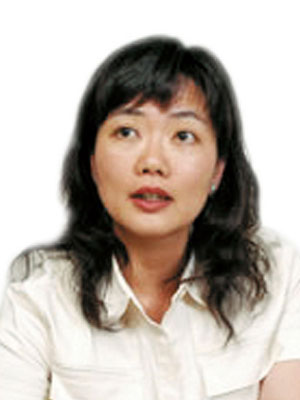
Yuki HONDA
Professor (Sociology of Education)
My study focuses on relations between education, work and family. Since early 1990s, Japanese society has witnessed a conspicuous growth of discrepancies in relations between these three social systems, which include dysfunctions of ‘transition from school to work’, escalation of pressures on responsibilities of parents to educate their children, widening inequality in educational opportunities, and expansion of poverty among families with children. I explore causes and solutions to these problems, especially necessary reforms of education and new roles of the government and civil movements.
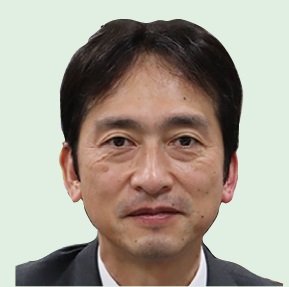
Takayasu NAKAMURA
Professor (Comparative Education Systems Theory)
My main area of study is sociological research regarding educational and social selection using quantitative and comparative perspectives. More specifically, I have studied entrance examination systems and social change, conducted quantitative research on the career choices of high school students, and performed a comparative survey of Japan and South Korea. Recently, social stratification and the educational system along with the problem of students’ localism, and the theory of meritocracy have captured my interest. I also believe that it is very important to mix qualitative and quantitative methods (mixed methods research).
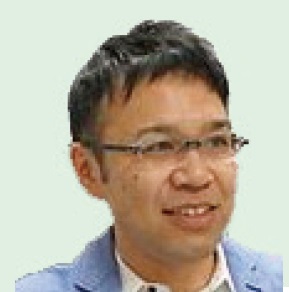
Norihiro NIHEI
Associate Professor (Sociology of Education)
I have been conducting a sociological study of how the existing livelihood security system will change as a result of neoliberal restructuring, focusing on the following two movements. One is the movement toward privatization of public services. In this movement, NPOs and civic activities have been praised and utilized as bearers of a new society, and I am studying the benefits and risks of this change. The other i s the “educationalization” of social security. I am interested in how this will change the borders of social inclusion/exclusion.
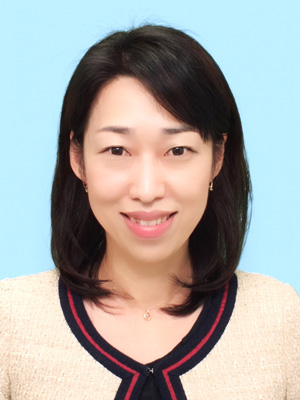
Misako NUKAGA
Professor (Comparative Education)
My research explores how globalization affects everyday lives of family, school, and children’s identities and competencies, with a special focus on families that transcend national borders. I have been conducting ethnographic studies of Japanese families abroad and immigrant families in Japan, looking particularly at how gender, ethnicity, social class, and academic achievement intersect within school contexts and family strategies. I am also interested in cross-national comparative studies of multicultural education, searching for ways to make education policies and practices more equitable and inclusive for minority students.
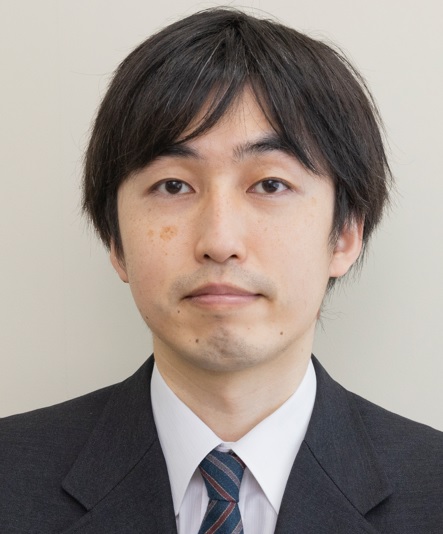
Hirofumi TAKI
Associate Professor (Higher Education)
My research interest is to explore the generating mechanisms of educational inequality in Japan. I have published cross-national comparative studies using quantitative data such as PISA, focusing on institutional differences among Japan, Germany, and the United States. From a comparative perspective, I am also interested in East Asian societies, which share an emphasis on high-stakes entrance examinations at the societal level. In recent years, I am conducting research focusing on the role of short-term higher education and its change in Japan.
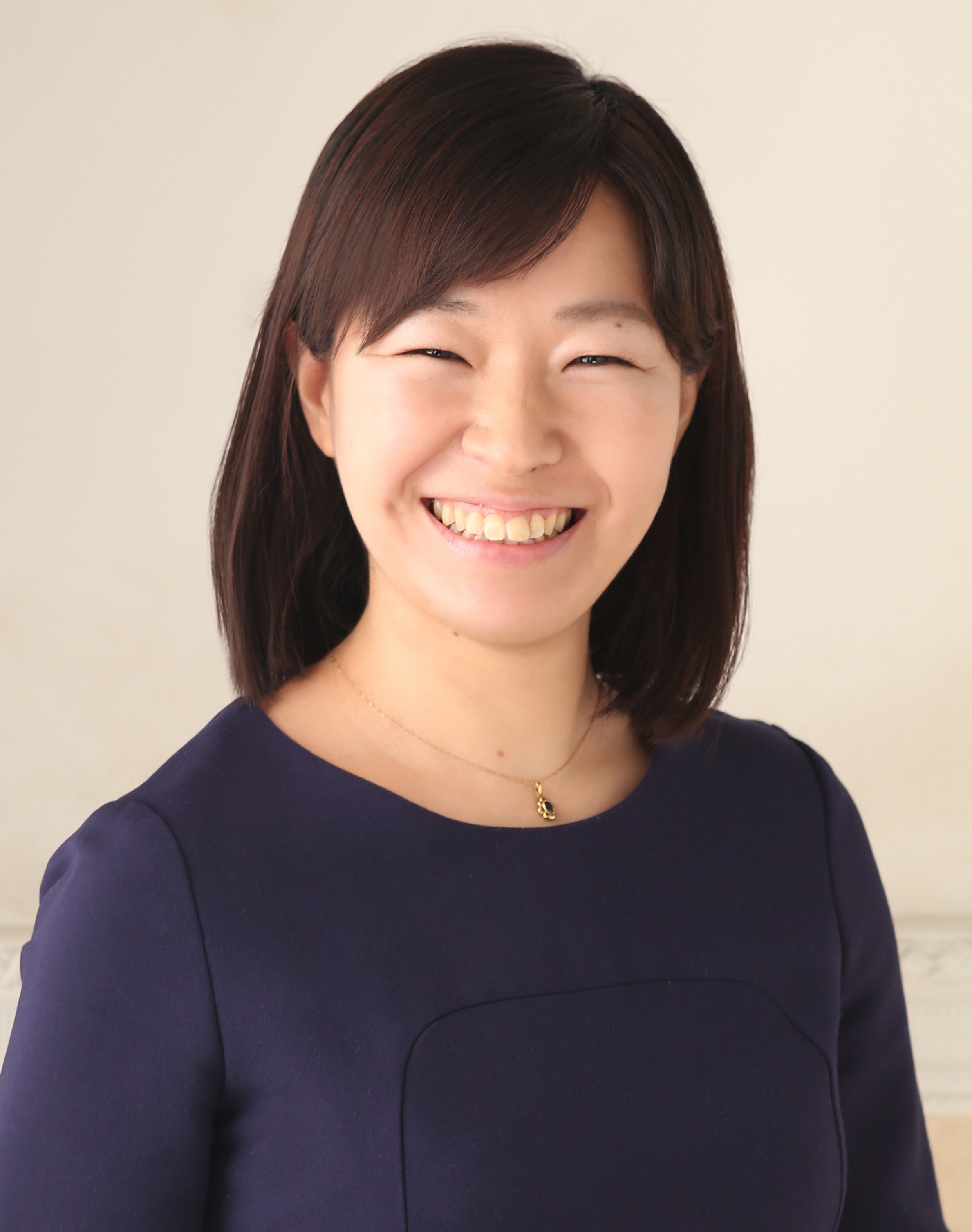
Takayo OGISU
Associate Professor (Comparative Education)
My research explores on what it means to develop education, drawing on the case of educational development in Cambodia. I have been trying to understand better how the global convergence of education policies and practices transforms (or does not transform) sociocultural meanings of teaching and learning in the local classroom Settings. In recent years, I have been working on longitudinal research that traces the impacts of Cambodian teacher education reform on professionalism among current and future teachers.